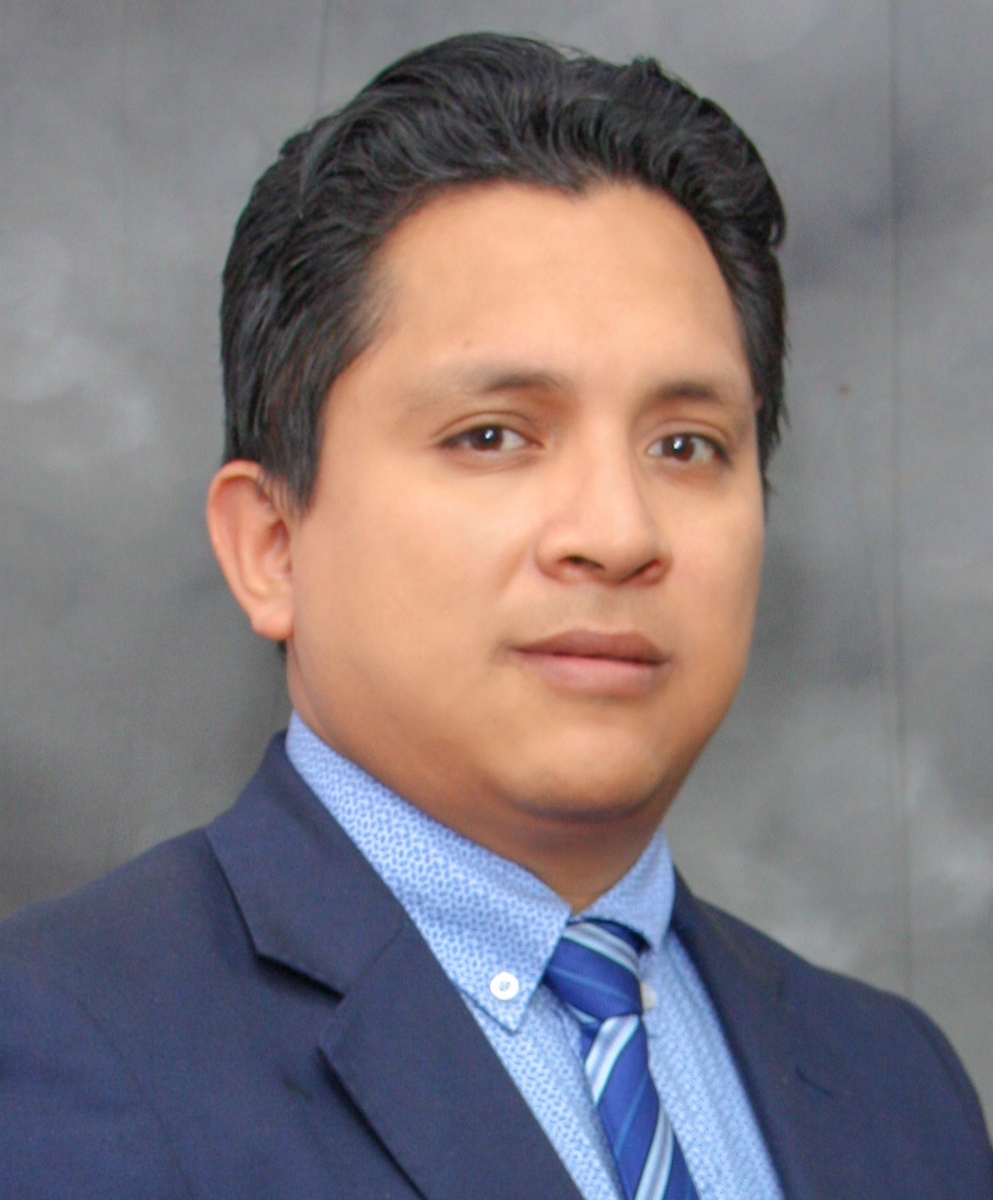National Institute of Aging (NIA) funds fellows to conduct research on early detection of Alzheimer’s disease in Peru
The neurodegenerative diseases of the brain (NDDB) are among the most devastating diseases worldwide, affecting over 36 million individuals globally with a prevalence that is expected to double every 20 years if effective interventions are not implemented. There is a need for research efforts focused on early detection of cognitive disorders, to mitigate the impact of these diseases. In lower- and middle-income countries (LMICs), the societal impact of these diseases is expected to be greater than in prosperous countries owing largely to the high burden of social determinants of health in LMICs compared to prosperous countries. In Latin America, patients with Alzheimer’s disease (AD) most often go unrecognized, are misdiagnosed, or are diagnosed very late. Two important reasons for this are the lack of physicians appropriately trained in the gold standard neurological evaluation of patients with cognitive impairment, and the lack of sensitive and specific cognitive tests that can reliably detect early signs of cognitive impairment due to AD in Latin Americans of different sociodemographic backgrounds.
Two fellows funded by a supplement from the National Institute of Aging are being jointly supported by the UCSF Global Brain Health Institute (GBHI) and the GloCal Health Fellowship to address this gap in Peru. Peruvians Dr. Miguel Sanchez and Dr. Willyams Reynoso will spend three months at GBHI participating in the Atlantic Fellows for Equity in Brain Health program and receiving training in the gold standard diagnostic evaluation of patients with NDDB. During this time, they will also collaborate with investigators at UCSF to adapt the Spanish version of the Tablet-Based Cognitive Assessment Tool (TabCAT) for the cultural and linguistic contexts of Arequipa and Lima, Peru. Drs. Sánchez and Reynoso will subsequently return to Peru where their GloCal research will involve validating the adapted TabCAT in their communities in older adults (age ≥ 55 years) with only 3 to 6 years of education, who have normal cognition or Mild Cognitive Impairment (MCI) due to probable AD. They will use the UCSF neurological evaluation and diagnostic approach as the gold standard for comparison. The goal is for the validated screening tool to be ultimately scaled up in the healthcare environment.


